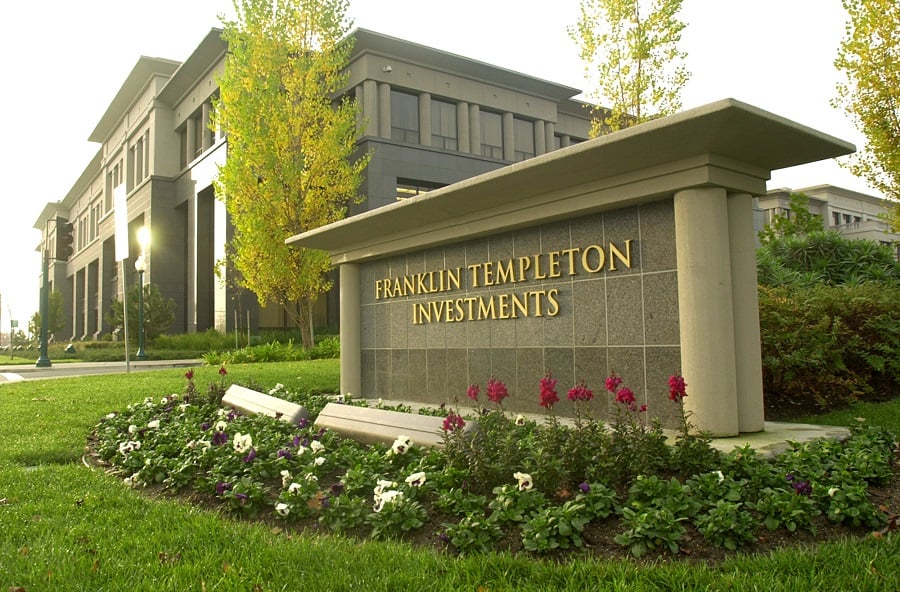

Franklin Resources Inc. agreed to acquire asset manager Legg Mason Inc. for almost $4.5 billion in a deal that would create an active management investing giant.
Franklin will pay all cash for Legg Mason, the companies said in a statement Tuesday. The transaction values Legg Mason at $50 per share, a 23% premium to the Baltimore-based company’s share price Friday.
The transaction is another case of consolidation in the industry, as firms grapple with falling fees and the rising challenge from managers of index-tracking funds. In November, Charles Schwab Corp. agreed to buy TD Ameritrade Holding Corp. for about $26 billion; Janus Henderson Group and Standard Life Aberdeen were both formed in mergers in 2017.
Tuesday’s announcement comes less than a year after activist investor Trian Fund Management took a 4.5% stake in Legg Mason, enough to secure its founder Nelson Peltz a position on the board.
Just days later, the fund manager said it would cut about 12% of its staff and reduce its executive committee to four from eight members. Mr. Peltz said at the time his three top priorities were “significantly reducing costs, driving revenue growth organically and through acquisition, and increasing profitability.”
The combined companies will have $1.5 trillion in assets under management. Franklin will also assume about $2 billion in Legg Mason debt.
“This is a landmark acquisition for our organization that unlocks substantial value and growth opportunities driven by greater scale, diversity and balance across investment strategies, distribution channels and geographies,” Greg Johnson, executive chairman of the board of Franklin Resources, said in a statement.
Legg Mason closed down less than 1% to $40.72 on Friday, giving the company a market value of about $3.5 billion.
Asset and wealth managers are facing unprecedented pressures on their bottom lines as investors increasingly pull money from actively managed funds and move them to cheaper passive ones that track benchmarks. The flood of money out of active and into passive funds has sent fees grinding lower, led to thousands of job cuts and forced large-scale consolidation.
Among other changes, Banco de Sabadell agreed in January to sell its asset-management business to Amundi for 430 million euros ($466 million), while GAM Holding considered a sale of the company last year. On Monday, Jupiter Fund Management agreed to acquire rival U.K. asset manager Merian Global Investors.
Tuesday’s announced deal is complementary because Legg Mason primarily focuses on retail investors, while Franklin Resources caters to institutional investors.

The move to charge data aggregators fees totaling hundreds of millions of dollars threatens to upend business models across the industry.

The latest snapshot report reveals large firms overwhelmingly account for branches and registrants as trend of net exits from FINRA continues.

Siding with the primary contact in a marriage might make sense at first, but having both parties' interests at heart could open a better way forward.

With more than $13 billion in assets, American Portfolios Advisors closed last October.

Robert D. Kendall brings decades of experience, including roles at DWS Americas and a former investment unit within Morgan Stanley, as he steps into a global leadership position.
Orion's Tom Wilson on delivering coordinated, high-touch service in a world where returns alone no longer set you apart.
Barely a decade old, registered index-linked annuities have quickly surged in popularity, thanks to their unique blend of protection and growth potential—an appealing option for investors looking to chart a steadier course through today's choppy market waters, says Myles Lambert, Brighthouse Financial.
